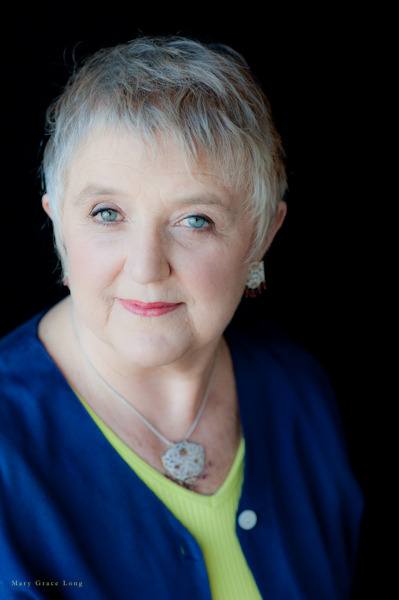By LIZ TAYLOR
Special to the Sounder
Question: My grandmother is vicious to my father, her son. He has heart problems, so I’m afraid for his health. She’s 85 and can’t live alone anymore. He tried taking care of her at home, but she complained constantly. A couple of months ago she moved to a nice assisted living facility in Anacortes, and now she says the staff mistreat her. Former neighbors learned she made these stories up. How can we protect my dad and make my grandmother happy?
Answer: Instinct tells me you can’t. You may be able to help your dad, but you’ll never be able to make your grandmother happy.
Three important rules are operating here: One, personalities drive much of what happens to us as we age; our care needs are secondary. Whatever our diagnosis, how we – and everyone else involved – respond depends on who we are as people. Two is the “more so theory” – the older we are, the more we stay the same, only more so. Three, because care-giving is so personality-driven, you as a caregiver must recognize from the start that the only person you can count on or control is you. Once you’ve done as much as you can, you may need to let go.
My guess is that your grandmother has been a complainer all her life. By definition, whatever anyone does for her (especially close family members) is never enough. Even if your dad waited on her hand and foot, she’d be dissatisfied, then twist the knife by telling him.
Like many chronic complainers, she’s also narcissistic. Having no empathy, she cannot see the anxiety your dad experiences at failing to please her. Ignoring the sacrifices of others, she dwells only on herself.
In addition, she’s manipulative. Making up stories about the mistreatment of staff at the assisted living facility is a good example. Her purpose is to make your dad feel guilty, make him visit more often or get him to move her home again, where, of course, she would complain that he wasn’t doing enough. If ever there was a vicious circle, your grandmother and dad are dancing in it. Chances are, he’s been doing it his entire life and doesn’t see how he enables her to set him up.
The solution? Well, your grandmother isn’t going to change. At 85, no amount of talking, cajoling or reasoning will make her behave differently. It’s your father who needs to understand the dynamics here and learn how to respond to his mother differently. That’s not easy, but it’s imperative for his health.
Your father has been conditioned to respond to his mother’s manipulations, so he needs to un-learn these responses and adopt new behaviors. He probably has no idea where to begin – and will even feel disrespectful not to behave as before. With such a long-standing pattern, I think a counselor would be well worth the investment – to talk through what’s happening here and explore new behaviors.
If you have a question, write Liz at lizt@agingdeliberately.com.



